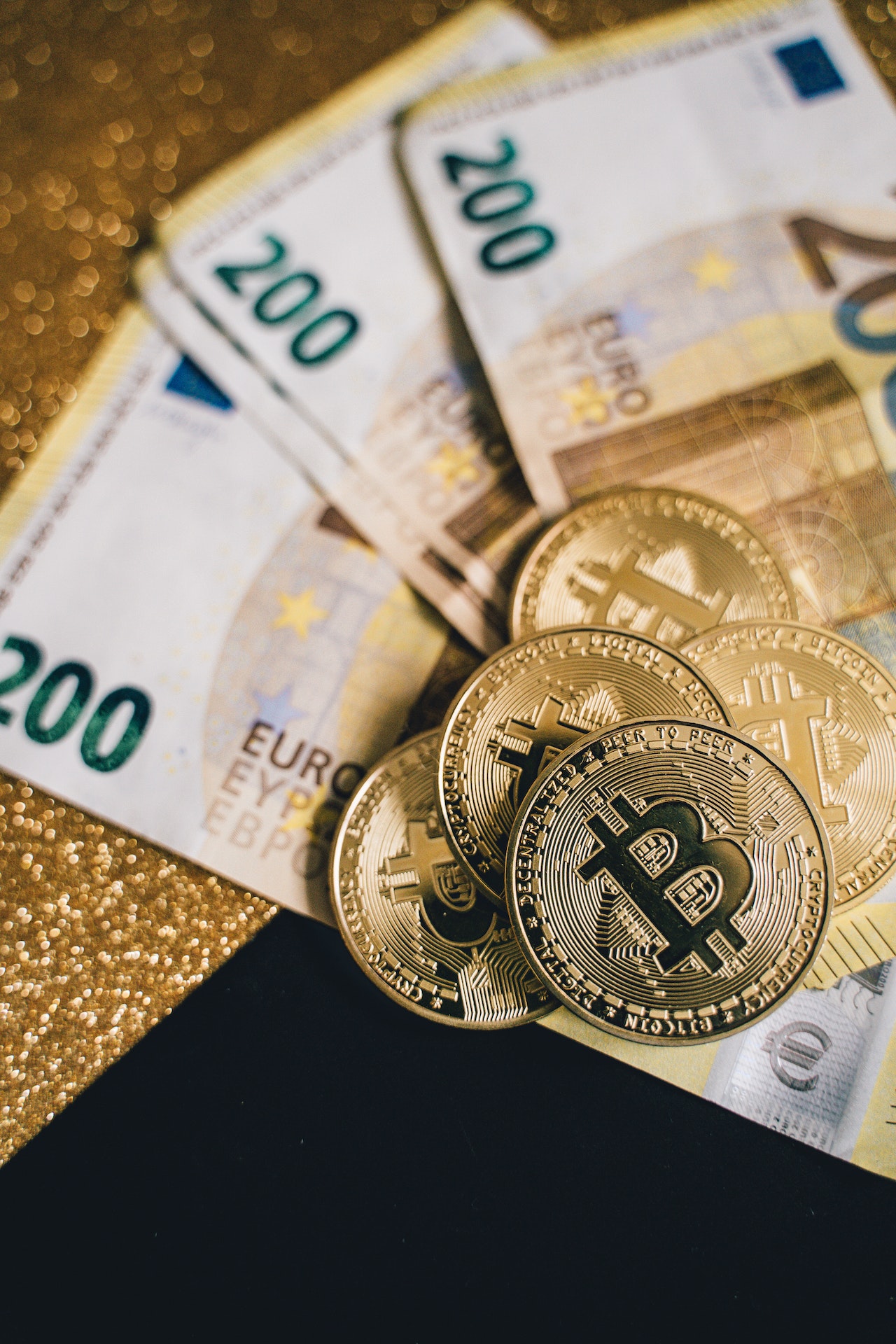What Backs Bitcoins Value
Wondering whether Bitcoin's value has a backing and how? If so, here is the truth about Bitcoin concerning support.
Author:Stefano MclaughlinReviewer:Camilo WoodOct 12, 2022177 Shares2.6K Views

One of the most common misconceptions about Bitcoin (BTC) is that it has no value because no physical item backs it. It's a viewpoint shared by billionaire tycoon Warren Buffett and former US President Donald Trump, both of whom said Bitcoin has no value. However, Bitcoin now ranks alongside the world's most significant currencies in market capitalization. Moreover, if you are interested in bitcoin trading, you may start using platforms that offer time-saving techniques like the Quantum Code
What Exactly Is a Backed Currency?
A backed currency guarantees that people can always exchange it for a predetermined amount of another asset. For example, gold-backed money may ensure that people can exchange 100 units of currency for one ounce of gold.
Gold and silver are items that commonly back a currency, but anything can support a currency. From 1879, the United States dollar was backed by gold, owing to gold's fungibility and scarcity, both of which are essential characteristics of money.
What Is Backing Bitcoin?
Any physical asset does not back Bitcoin. Because any individual or organization does not control Bitcoin, this should be self-evident. As a result, no one can make this promise, and they would gain nothing by taking on the massive liability associated with ensuring the backing.
The Lack of Backing Does Not Imply That Bitcoin Is Worthless
On the other hand, a government-issued currency typically derives its stability from the central bank's control over the amount of money issued and the faith that its citizens and other nations place in the government's stability. The erosion of this faith can rapidly depreciate the fiat currency as citizens and foreign countries attempt to trade their money for more stable assets.
To make a more accurate comparison to Bitcoin, we must consider assets not issued by a central authority. Precious metals that derive value from scarcity rather than construction and engineering applications are analogous to Bitcoin.
You cannot exchange an ounce of gold for another valuable asset. Instead, gold is valuable because gold is valuable in and of itself. People are generally unconcerned about their gold losing value because the market has established that gold has had deals for thousands of years. Similarly, demand determines Bitcoin's value and does not require any backing to maintain its weight.
Is Bitcoin Mathematically Supported?
Bitcoin, like the US dollar, is not backed by a physical commodity and derives its value in other ways. Many people mistakenly believe Bitcoin has no value because it lacks a centralized entity that enforces its value, and no item backs it.
On the other hand, Bitcoin currently has an individual unit value of around $30,000 and a total market capitalization, defined as the unit value multiplied by the number of Bitcoin in circulation, of over $625 billion. And this demonstrates that a large number of people regard it as valuable.
However, Bitcoin doesn't have the physical backing of anything other than the complex mathematics underlying its blockchain technology and controlled supply. And this ensures that Bitcoin's supply remains limited and is resistant to censorship, which gives it some of its value. Although not backed, Bitcoin's value is incomparable to other assets.
The rest of Bitcoin's value is attributable to the fact that it was the first successful monetary system to operate without a centralized entity. This value currency pulls the strings, meaning its supply is impossible to inflate forcefully. Also, Bitcoin is not easy to confiscate like gold was during the 1930s. It provides financial freedom that few (if any) fiat currencies can match.
Bitcoin has also demonstrated utility value, with thousands of merchants accepting it as payment for goods and services. Despite their apparent differences, Bitcoin is similar to a fiat currency in that consumer confidence primarily backs it. Trust in Bitcoin will grow as confidence in the crypto space increases.

Stefano Mclaughlin
Author

Camilo Wood
Reviewer
Latest Articles
Popular Articles